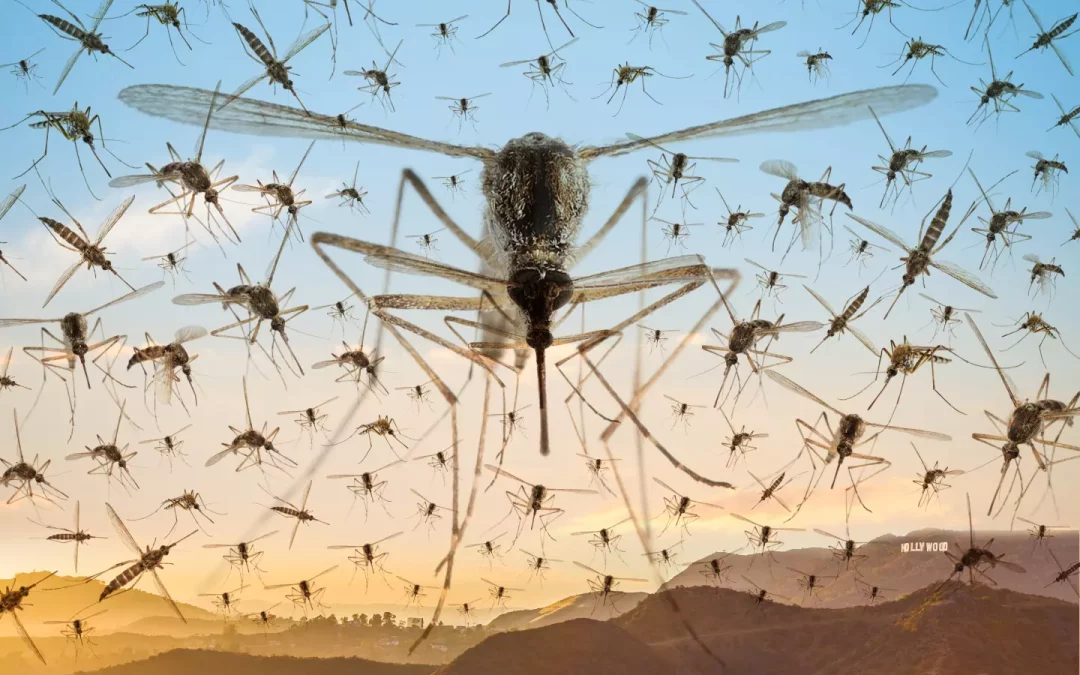Mosquitoes, though tiny, can pose significant health risks and nuisance to humans. Effective mosquito control is essential to mitigate these risks and ensure a comfortable living environment. In this comprehensive guide, we’ll delve into what mosquito control entails, the best timing for it, and who should handle the task.
What is Mosquito Control?
Mosquito control refers to the systematic management of mosquito populations to minimize their presence and the associated risks they pose. This involves various strategies aimed at reducing mosquito breeding habitats, limiting adult mosquito populations, and preventing mosquito-borne diseases. Effective mosquito control not only enhances comfort but also plays a crucial role in public health.
Methods of Mosquito Control:
- Source Reduction: Eliminating or modifying breeding sites such as stagnant water sources, clogged gutters, and unused containers to prevent mosquito larvae from developing.
- Larviciding: Applying larvicides to water bodies where mosquitoes breed to kill mosquito larvae before they mature into adults.
- Adulticiding: Spraying insecticides to reduce adult mosquito populations in specific areas.
- Biological Control: Introducing natural predators of mosquitoes or using microbial agents to target mosquito larvae.
- Personal Protection: Encouraging the use of repellents, mosquito nets, and protective clothing to minimize mosquito bites.
When is the Best Time for Mosquito Control?
The timing for mosquito control largely depends on the mosquito species, local climate, and prevailing environmental conditions. However, certain general guidelines can help optimize the effectiveness of mosquito control efforts:
- Spring: Start mosquito control efforts early in the spring before mosquito populations peak. Focus on eliminating breeding sites and applying larvicides to prevent larvae from hatching.
- Summer: During the summer months, when mosquito activity is at its highest, implement adulticiding measures to reduce adult mosquito populations. Target areas with high mosquito density, such as stagnant water bodies and densely populated areas.
- Fall: As temperatures begin to cool in the fall, continue source reduction efforts to prevent mosquitoes from overwintering. Remove debris and standing water to minimize potential breeding sites.
- Year-Round Vigilance: Mosquito control should not be limited to specific seasons. It requires year-round vigilance to address changing environmental conditions and emerging mosquito threats effectively.
Who Should Handle Mosquito Control?
While some basic mosquito control measures can be implemented by homeowners, comprehensive mosquito control programs are best handled by trained professionals with expertise in vector control and pest management. Consider hiring reputable pest control companies or local health departments with experience in mosquito control. These experts can assess the mosquito situation, implement targeted control measures, and provide ongoing monitoring to ensure effectiveness.
Effective mosquito control is essential for maintaining public health and ensuring a comfortable living environment. By employing a combination of methods such as source reduction, larviciding, adulticiding, and personal protection, mosquito populations can be managed effectively. It’s crucial to implement mosquito control measures at the appropriate times, considering seasonal variations and local conditions. While homeowners can take some preventive measures, consulting with professional pest control experts is recommended for comprehensive mosquito control programs. With proactive efforts and expert guidance, communities can minimize the risks associated with mosquitoes and enjoy a safer, more enjoyable outdoor experience.
